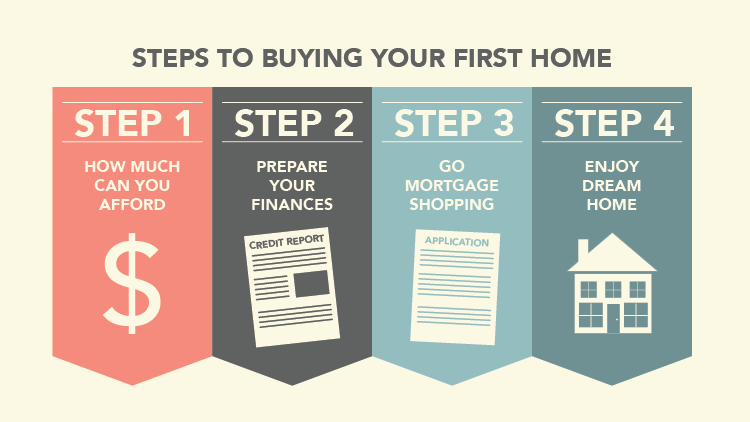4 Money-Saving Tips for Homebuyers
For most people, a house is the most expensive thing they’ll ever purchase. And in order to make it a smart purchase, it’s important to consider all of the little details. By understanding when and where you can save money, you’ll be able to make a wise choice that benefits your family for many years to come.
What follows are a few simple strategies that have worked for thousands of homebuyers before you.
- Shop for the Right Mortgage
The first step is to shop around for the best possible mortgage for your needs. And while there’s a lot of general advice out there, make sure you’re entering into the loan process with a clear understanding of your circumstances and needs. What works for another person might not work for you (and vice versa). Do your own research through the lens of your situational factors.
For example, you’ll often hear people talk bad about adjustable rate mortgages or variable rate home loans. They discuss the dangers of being exposed to increasing interest rates and the risk of getting left on the outside looking in when rates do rise. However, there are plenty of situations where variable rates are a smart choice. For example, if you know that you’ll only be staying in the property for a couple of years, you might as well take advantage of a super low rate. (You won’t even have the mortgage by the time the rate is set to increase.)
In addition to the type of loan and the interest rate, consider the loan provider and their reputation. You want someone who advocates on behalf of their customers and will work with you to find the right loan package.
- Put Down At Least 20%
In our current lending environment, it’s possible for many homebuyers to purchase a home with as little as 0-3.5 percent down. And while this may sound alluring, consider the long-term impact of a no/low-down payment.
If you borrow more than 80 percent of the value of your home – meaning you put up less than 20 percent in the form of a cash down payment – your lender is required to take on private mortgage insurance (PMI) to protect against default. And guess who they pass that cost along to?
PMI can cost as much as one percent of the loan amount annually. That means you could pay as much as $2,000 per year (or $167 per month) for PMI on a $200,000 loan. Thankfully, this added cost can be avoided by beefing up your down payment and/or looking for lower-priced homes that will allow you to make a 20 percent down payment.
- Negotiate Closing Costs
Closing costs can amount to as much as 2 to 4 percent of the home price. That means you could pay as much as $12,000 on a $300,000 home. But the good news is that many closing costs are negotiable.
When a lender gives you a loan offer, they’re required to provide an itemized list of fees and costs. While some of these costs are set in stone, many can be haggled down. Go through this itemized list, do your research, and figure out ways to bring expenses down. In some cases, you can lower costs. In other cases, you may be able to gain some leverage in another area of the transaction.
- Buy a Property With Cash Flow Potential
If you’re having trouble affording the type of home you want, consider ways to help offset some of the mortgage cost. A property with cash flow potential could help you tremendously. Whether it’s renting out a room or leasing garage space for covered parking, some properties have the ability to produce cash flow.
Make a Smart Home Purchase Decision
If there’s one trait that every prospective homebuyer would benefit from having, it’s patience. In a hot market, it’s easy to become pressured into making a decision that’s not in your best interest. But by forcing yourself to remain patient, you can avoid falling into a costly trap that ultimately hurts your finances and puts you in an unfavorable long-term position.
Patience, combined with the tips outlined above, will empower you to make an intelligent purchase decision that sets you up for years of success and happiness.
Now’s the time to step in and take charge. Let sound, objective decision-making supersede your emotions and you’ll be just fine.







